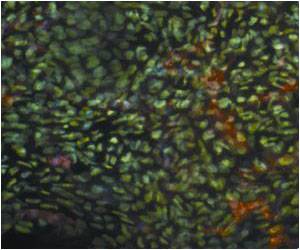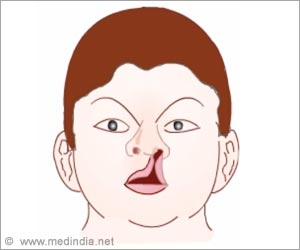Transplantation of stem cells that reside in human veins can help in the recovery of heart attack, finds research.

The study, funded by the British Heart Foundation (BHF) and a National Institute for Health Research (NIHR) grant, looked at whether human mural cells, known to scientists as pericytes, cells that stay around, can stabilise blood vessels after a heart attack.
The researchers, using a mouse model, have demonstrated for the first time that pericytes expanded from redundant human leg veins are able to stimulate new blood vessels (neovascularization) and help with the recovery after a heart attack.
The study found that upon transplantation pericytes relocate around the vessels of the peri-infarct zone and establish with them physical contacts allowing the transfer of genetic material, microRNA-132 (miR-132). MicroRNAs are small non-coding RNA sequences that modulate the expression of genes by binding to messenger-RNA and inhibiting it. One microRNA can inhibit many genes simultaneously. The study shows that the transfer of miR-132 from pericytes to endothelial cells inhibits a gene that acts as a negative regulator of cell growth. This unlashes endothelial cell proliferation and the formation of new vessels.
Professor Madeddu said: "Although bone marrow cell therapies dominate today, continued research on other types of stem cells is mandatory to achieve optimal treatment of cardiovascular disease.
"Human pericytes could be an invaluable source for future applications of cardiovascular regenerative medicine."
Advertisement
The discovery that pericytes use microRNAs to communicate with neighbouring cells reveals a new mechanism used by these cells to influence vascular function. Likewise, pericytes can sense signals from the endothelium and communicate biochemical information to surrounding tissue.
Advertisement
"While it's early days, the study shows that pericytes may have potential to help repair the heart after a heart attack. This is a vital goal for preventing heart failure, which currently affects more than 750,000 people in the UK and has a worse prognosis than many cancers."
Source-Eurekalert













